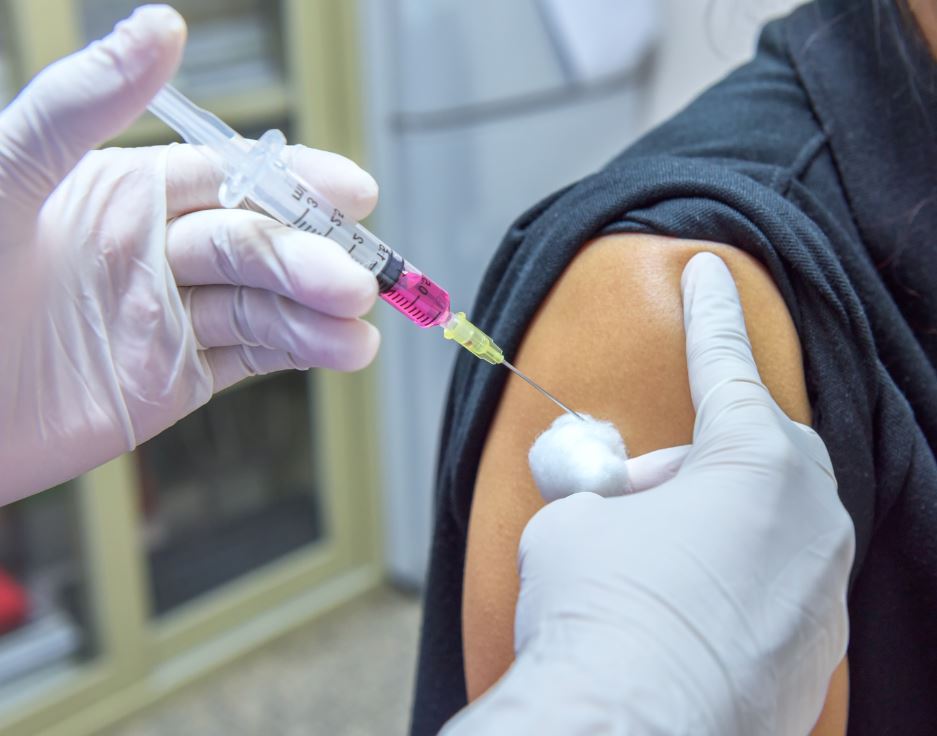 One of the best ways to help protect against certain types of infectious diseases, including pneumococcal, is through vaccination
One of the best ways to help protect against certain types of infectious diseases, including pneumococcal, is through vaccination
Two types of pneumococcal vaccines are available
- Pneumococcal Polysaccharide Vaccine (PPV)
- Pneumococcal Conjugate Vaccine (PCV)
Both vaccines:
- Contain capsular polysaccharide from different types of pneumococcal bacteria. The number of types, determines the strains of bacteria the vaccine protects against*.
- Don’t contain live bacteria so cannot cause pneumonia
- Safe to be given at the same time as other vaccines for most people (refer to vaccine SPC for exclusions)
The key difference is:
- In PCV the polysaccharides are conjugated to a protein
There are 3 different pneumococcal vaccines currently licensed in the UK:
| Vaccine Name | Manufacturer | Type of Vaccine | Different Types of Polysaccharides * | Main conjugate Protein | Eligibility Age | Summary of Product Characteristics (SPC) Link |
| Pneumovax | MSD | PPV | 23 | None | 2 years and over | https://www.medicines.org.uk/emc/product/9692 |
| Prevenar 13 | Pfizer | PCV | 13 | CRM197 | 6 Weeks and over | https://www.medicines.org.uk/emc/product/453/smpc |
| Synflorix | GSK | PCV | 10 | Protein D | 6 weeks to 5 years | https://www.medicines.org.uk/emc/product/463/smpc |
Within the NHS vaccination programme the recommended vaccines are7:
Prevenar 13 |
Pneumovax |
|
Used to vaccinate children under 2 years old, as part of the childhood immunisation programme. The conjugate protein improves the antibody response in young children |
Used to vaccinate people aged 65 and over and people aged 2 years and over in "at high risk" due to long-term health conditions. There is no evidence of the effectiveness of the 'non-conjugated' vaccine in children under 2 years |
